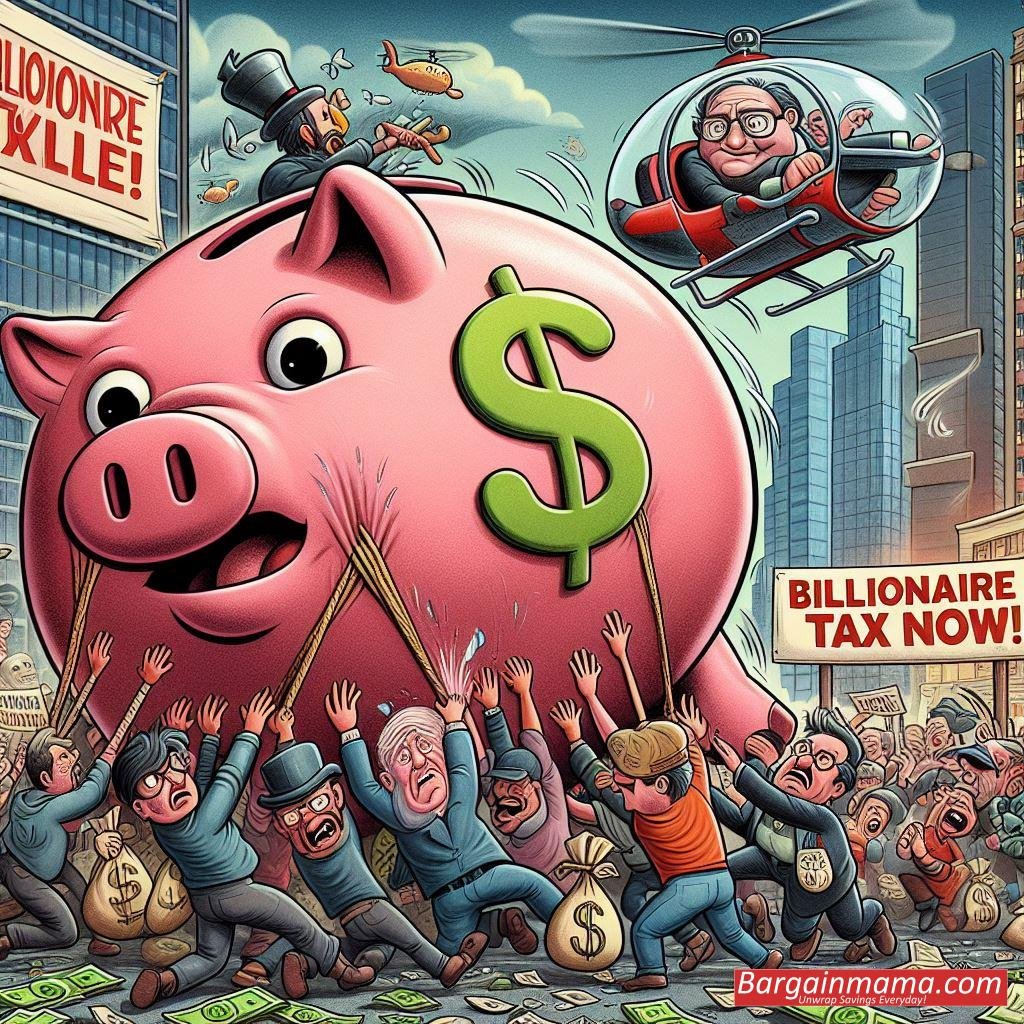A wealth tax on the world’s super-rich is becoming more popular after US President Joe Biden announced he would impose a new “billionaire tax” on the country’s wealthiest individuals if reelected in November.

Biden reaffirmed plans for a 25% tax on people with wealth over $100 million in his 2025 budget recommendations, highlighting the need for equitable taxation across income groups. The ideas were announced on Monday.
The proposed tax sparked a long-running discussion on how to deal with global wealth concentration, especially in light of the need for countries to find ways to reduce inequality and financial deficits.
Finance ministers talked about enacting a global minimum tax on the world’s 3,000 billionaires last month at the G20 conference in Brazil in order to guarantee fair contributions to society.
Even some wealthy people support wealth taxes; Patriotic Millionaires, supported by celebrities like Disney heiress Abigail Disney and actor Brian Cox, calls for increased taxes on the rich.
On the practicality and effectiveness of wealth taxes, experts are still split.
A wealth tax is levied on an individual’s entire estate, which includes money, real estate, and other assets, and is distinct from income and capital gains taxes.

Wealth taxes have been tried in a few nations, including Switzerland, Norway, and Spain; nevertheless, problems with asset valuation and enforcement still exist, which raises the possibility of capital flight and tax fraud.
Opponents contend that enacting such taxes may encourage affluent people to move to tax havens, jeopardizing economic stability and income production.
Despite these obstacles, advocates claim that wealth taxes provide a way to combat the growing wealth gap by allocating the money raised to social programs like paid parental leave and daycare.
According to Biden’s plan, taxes on those who own more than $100 million may bring in a sizable amount of money over the course of the next ten years, helping to alleviate poverty and support social welfare.
Notwithstanding, uncertainties persist regarding the enduring viability and consequences of wealth taxation, with discussions encompassing its possible involvement in wealth redistribution to apprehensions regarding its suppression of investment incentives.
The international community is facing a critical opportunity to redefine economic policy in order to foster equal prosperity as conversations over wealth taxes heat up.




